After the Christmas break, it's time for another portion of information on how to compose your menu so that it is not only tasty, but also healthy. Today it is time for the most energetic macronutrient contained in food, namely fat, which provides more than twice as much energy as carbohydrates and protein.
For many years demonized, blamed for the development of civilization diseases and the scourge of obesity, we must remember, however, that we simply need it in our daily diet.
Fats can be found in both animal and plant-based foods - they differ mainly in a different proportion of individual fatty acids, and thus a different degree of saturation. In addition to their energy function, fats have a number of functions, including:
- they are a building component of biological membranes (e.g. cholesterol),
- they are both a source and carrier of fat-soluble vitamins: A, D, E, K,
- are necessary for the synthesis of certain hormones,
- they are spare material, stored in the form of adipose tissue.
The amount of energy supplied from fat should not be lower than 25% of our needs. Fat, however, is not the same as fat, so we should take into account its various sources in our daily menu. Which fats are the best to choose?
olive oil
It primarily provides oleic acid, which is a monounsaturated fatty acid, and thanks to the content of organic compounds such as squalene, numerous polyphenols and sterols, it has anti-inflammatory and antioxidant properties. It is best eaten cold, but is also suitable for heat treatment.
BIO Olive Oil - Extra Virgin - Organic - 500ml
Butter
Its quality and nutritional value depends on the season and the feed of the cows from which the milk was obtained, it supplies mainly saturated fatty acids, and thus cholesterol, fat-soluble vitamins. The uniqueness of butter lies in the presence of short- and medium-chain fatty acids, necessary for the good condition of the intestinal epithelium. Choose extra butter - over 82% fat. Traditional butter is not suitable for long-term thermal processing, but clarified butter (almost 100% fat) will work perfectly.
 BIO Clarified Butter - Ghee - Ghi
BIO Clarified Butter - Ghee - Ghi
Lard
Animal fat, most often pork fat, provides monounsaturated (the same as olive oil ;)) and saturated fatty acids. As with butter, its quality depends on the food of the animals. Lard is great for intensive thermal processing, such as frying.
Coconut oil
Although of plant origin, it primarily provides saturated fatty acids. The acids contained in it: lauric and capric have antibacterial and antiviral properties. It is a good fat for thermal processing - long-term frying does not lead to unfavorable changes in its structure. In terms of quality, it is better to choose unrefined oil, which is less processed and more valuable.
 Unrefined Coconut Oil BIO - Extra Virgin - Ecological
Unrefined Coconut Oil BIO - Extra Virgin - Ecological
Black cumin oil
It consists mainly of unsaturated fatty acids, contains vitamin E, biotin and thymoquinone, which has anti-inflammatory and analgesic effects. Research shows that this oil can be helpful in the treatment of allergic ailments. Recommended for people with insulin resistance. In the kitchen it should be used cold.
Linseed oil
Pressed from flax seeds, rich in bioactive compounds, mainly unsaturated fatty acids. There is a lot of vitamin E in cast oil.
Evening primrose / borage oil
They primarily provide polyunsaturated fatty acids, and their characteristic feature is the presence of gamma-linolenic acid (GLA), which is recommended for people with skin problems (especially acne, AD) and hormonal problems (including PMS).
Avocado
It is worth mentioning about it, although it is not a pure fat, it provides a large amount of oleic acid (omega 9), and also vitamins: K, C, E, B5, B6, folic acid and potassium.
When deciding on vegetable oils, pay attention to the type of bottle and the method of storage. The bottle should be dark glass, preferably stored in refrigerators, not on shelves that are exposed to UV radiation. Ideally, the bottles should be small as they should be consumed within 3 months of opening. Choose the unrefined, cold pressed ones.
The author of the text: Monika Podos from Kułaga Synergy
See also other entries:
What to fry on - 4 products that are suitable for this
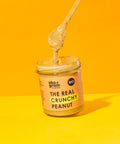
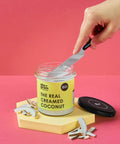

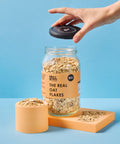

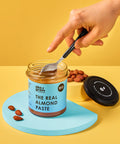
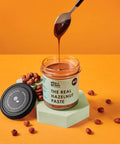
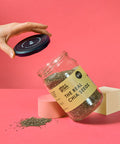
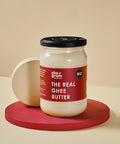

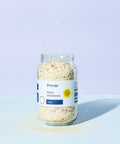
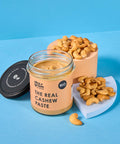
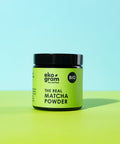
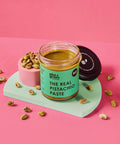
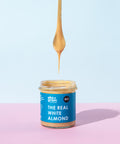
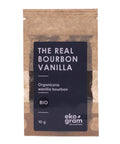

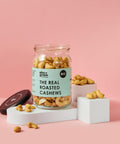
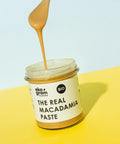
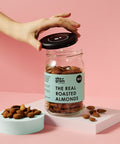

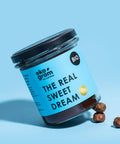
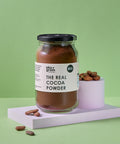



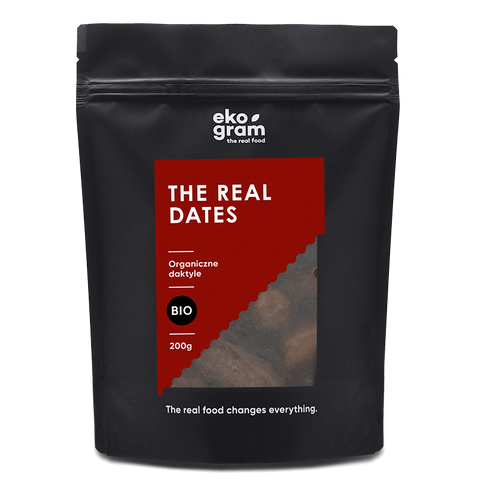
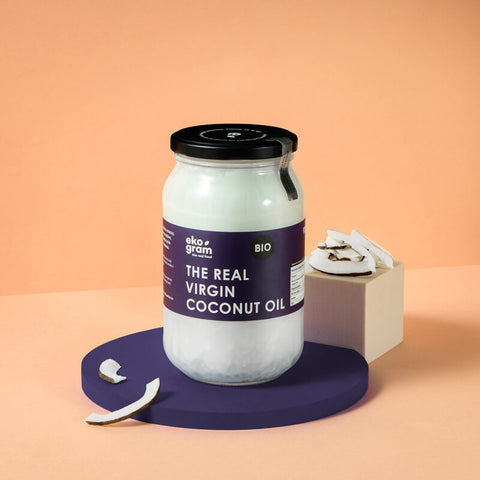
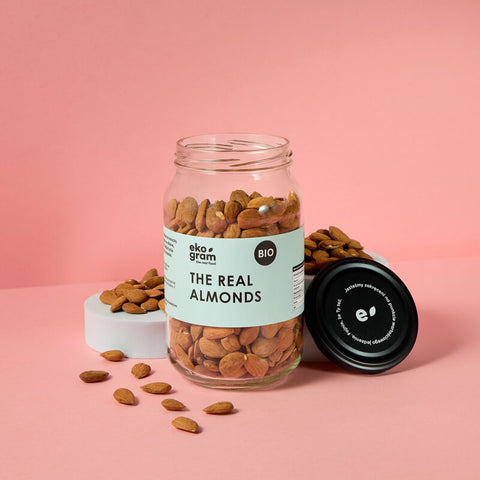
Comments (0)
There are no comments for this article. Be the first one to leave a message!